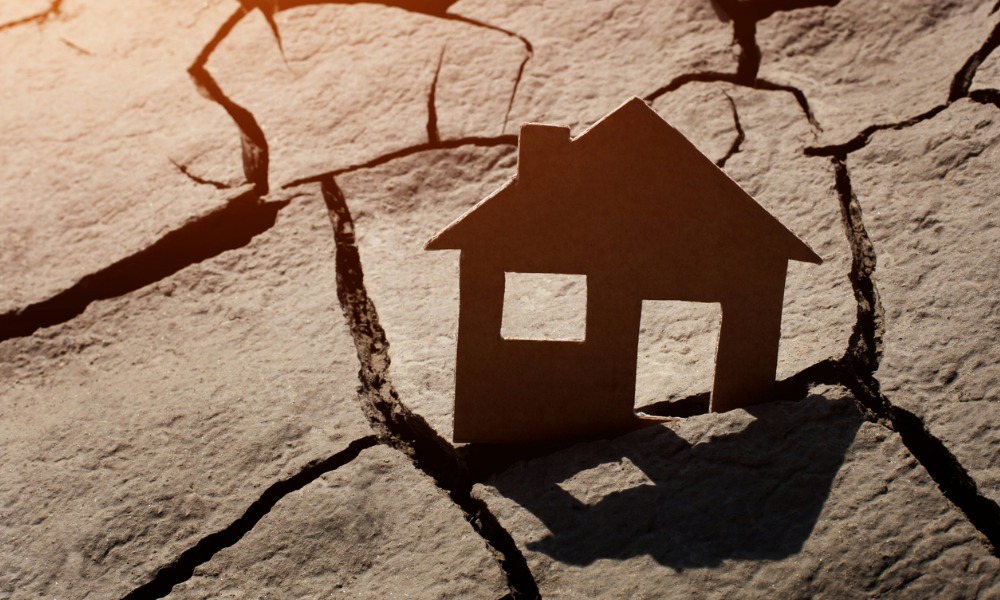Increasing homelessness among women also revealed

There exists a significant disparity in housing affordability, impacting Australian women – particularly single mothers – more severely than men, according to the Australian Housing and Urban Research Institute (AHURI).
With women’s weekly earnings 14% lower on average than their male counterparts, the challenge of securing affordable housing is exacerbated. This wage gap, the research institute noted, extends the time required for women to save for a house deposit, with an example showing a difference of almost a year longer for women than men to save for a 20% deposit on an average-priced home.
The institute further reports that the role of primary caregiver often relegates women to part-time work or out of the workforce entirely, making it nearly impossible for single women to save for a home. The issue is compounded for single mothers, who represent 80% of Australia’s 1 million one-parent families.
Single mothers particularly struggle with housing affordability as they require homes with sufficient bedrooms for their children, limiting their options for shared housing due to safety concerns. Moreover, women’s fragmented work lives due to childcare responsibilities result in significantly lower superannuation balances at retirement, further hindering their ability to manage mortgage payments.
In its brief on the costs of Australia’s housing crisis for women, AHURI also pointed out the alarming trend of increasing homelessness among women, with a 10% rise from 2016 to 2021. The largest increases were observed among women aged 35 to 44 and teenagers aged 12 to 18, with domestic and family violence (DFV) emerging as a leading cause of homelessness for women and children.
“Having sufficient quantities of affordable housing with safe, secure tenure is essential to reducing the impacts of the ongoing housing crisis for women, and to creating a foundation for healthy, productive lives for over half our population,” AHURI said.
“It is appropriate that women escaping DFV are a priority group for the delivery of social housing by the Federal Government and state and territory governments. In addition, as highlighted in this brief, there is good evidence to consider prioritising women — both older (over 55) and younger (25-34) — for affordable housing and ensuring that the design of these homes caters for their specific needs, in particular that it provides a safe environment for them and any dependent children.”
Want to be regularly updated with mortgage news and features? Get exclusive interviews, breaking news, and industry events in your inbox – subscribe to our FREE daily newsletter. You can also follow us on Facebook, X (formerly Twitter), and LinkedIn.



